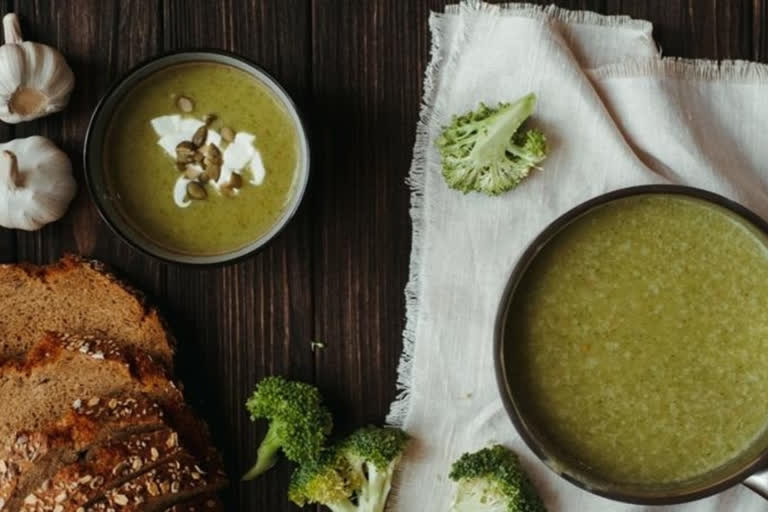New Delhi: Obesity is an emerging public health problem of epidemic proportions worldwide. As to WHO, globally, obesity has nearly tripled since 1975, and as per 2016 data 1.9 billion adults are overweight or obese. Unhealthy dietary habits are a major modifiable factor, leading to obesity. India too is battling this full-blown crisis of malnutrition which has worsened over the years in addition to undernutrition and micronutrient deficiency.
The increase in the prevalence of overweight and obesity are important predicting indicators of their relationship with Non-Communicable Diseases (NCDs) such as metabolic syndrome, diabetes, high blood cholesterol, high blood pressure, atherosclerosis, heart disease and cancers that today are plaguing the nation.
This increase in NCDs is partly due to a shift in lifestyle with a higher intake of calorie-dense foods, high in refined cereals, sodium, sugar, saturated fat, processed meats, packaged foods and Transfats and low intake of vegetables, fruits, fibre, nuts and seeds coupled with a decrease in physical activity levels.
Consuming good amounts of fruits and vegetables at 300g of vegetables and 100g of fruits, as recommended by ICMR in addition to pulses, cereals, millet and other plant foods are known to be protective against diseases caused by chronic oxidative stress. This benefit is both due to consuming these plant-based foods which have health-promoting compounds and due to a decrease in the consumption of excess processed foods and red meats.
The protective nature of plant foods is due to the combined benefit of fibre and phytonutrients they contain which provides protection against the initiation and progression of the disease. These beneficial components of plant foods include phytosterols and antioxidants. Polyphenols are a group of plant-derived functional components and are categorised into lignans, phenolic acids and flavonoids based on their different structures. They have various biological activities including antioxidant, anti-inflammatory, anticancer, antiviral and antibacterial properties and play an important role in preventing NCDs which are on the rise.
They are also potential prebiotics which regulates the intestinal flora and prevent dysbiosis and maintain gut health and overall health. To ensure a healthy balanced vegetarian diet all the macro and micronutrients should be adequately included in the diet. Carbohydrates (CHO) are the main source of energy whereas Complex CHO has many other additional health benefits too. It provides dietary fibres - both soluble and insoluble which play a major role in disease prevention. Including fruits, vegetables, and pulses and choosing whole grains like wheat, oats, barley, quinoa, corn and millet improves the nutritional quality of food intake.
Millets are a group of cereals which have many health-promoting attributes, they are gluten-free and have higher amounts of proteins, minerals, and vitamins and some even have a low Glycaemic Index (GI) when compared to wheat and rice. Sorghum (Jowar), pearl millet (Bajra), foxtail millet (Kangni), and finger millet (Ragi) are some of the important millets. They are a good source of fibre and have health-promoting vitamins, minerals, phenolic acids and flavonoids, in addition to their potential prebiotic and probiotics health benefits.
Also read:From Apples to Yoghurt: 5 food items to give you energy at office
